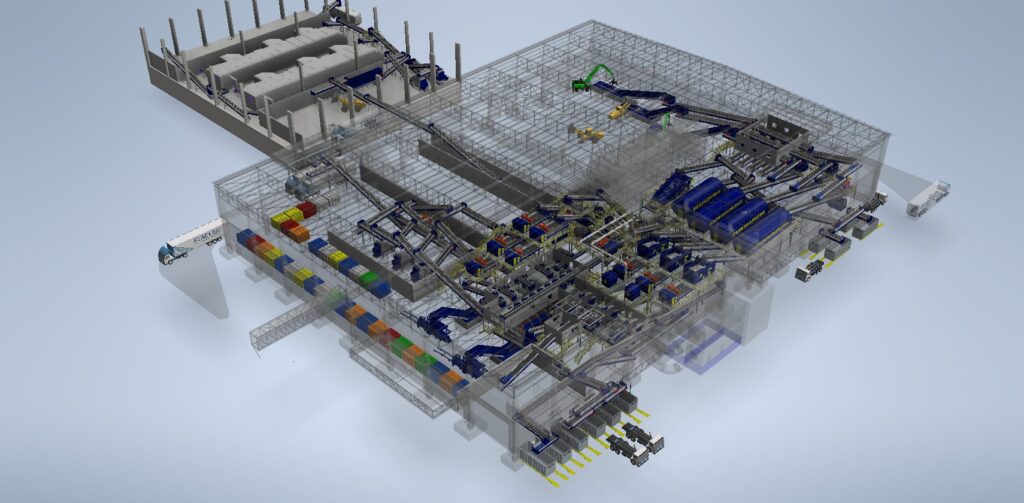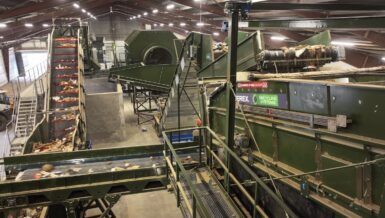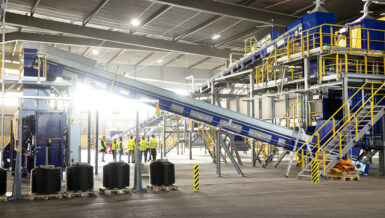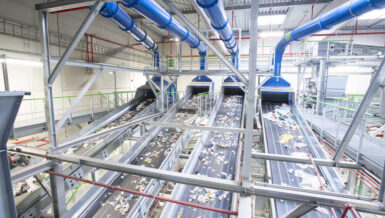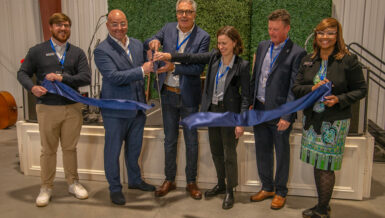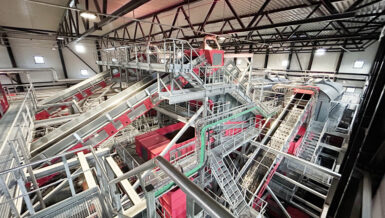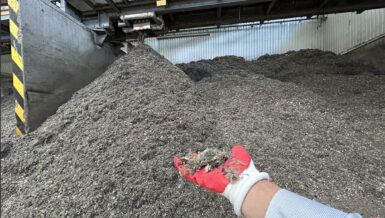STADLER Anlagenbau GmbH, the globally active German company specialized in the planning, production and assembly of turnkey sorting plants, has been awarded a major contract by Ecourbis Ambiental S.A. for the design and construction of the UTM Leste sorting plant, a state-of-the-art municipal solid waste (MSW) facility in São Paulo, Brazil. Scheduled for commissioning in August 2027, the plant will be the most advanced MSW treatment facility in Latin America, setting a new standard for technological excellence and circular resource recovery.
With a processing capacity of 135 tons per hour (550,000 tons per year), UTM Leste will recover 48,000 tons of recyclables, produce 260,000 tons of Refuse-Derived Fuel (RDF), and generate 170,000 tons of organics for biogas, diverting over 308,000 tons annually from landfill disposal.
A strategic partnership driving São Paulo’s circular economy
The collaboration between STADLER and Ecourbis Ambiental marks a turning point in São Paulo’s waste management strategy. Combining STADLER’s global engineering know-how and local operational insight with a shared dedication to innovation and sustainability, the project will enhance resource recovery, increase process efficiency, and reduce landfill dependency.
“The choice of STADLER reflects not only its international leadership in providing mechanized sorting solutions with highly robust, reliable, and efficient equipment, but also its alignment with Ecourbis Ambiental’s innovation strategy,” said Ednei Rodrigues, Superintendent of Engineering, Innovation and Projects at Ecourbis Ambiental. “This combination ensures technology transfer, digitalization, and process replicability, reducing risks and strengthening São Paulo’s position as a reference in urban solid waste management.”
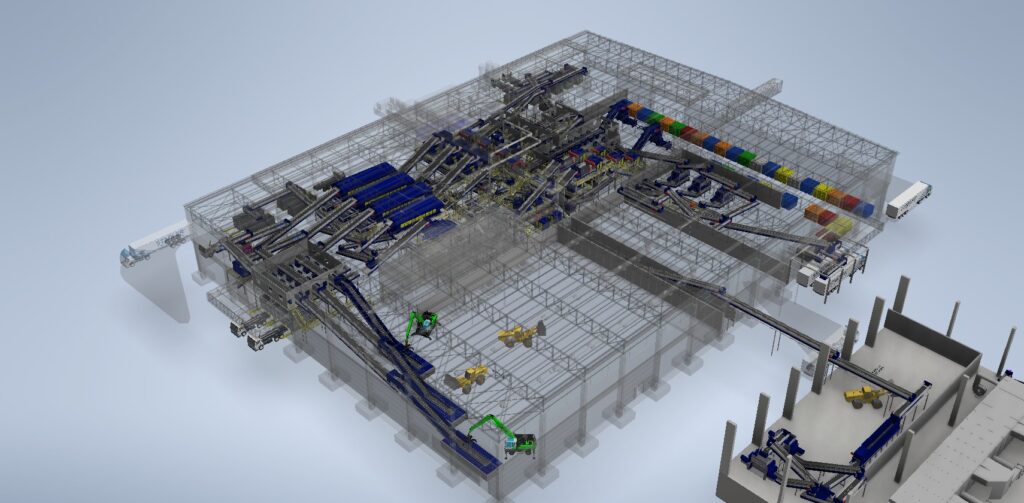
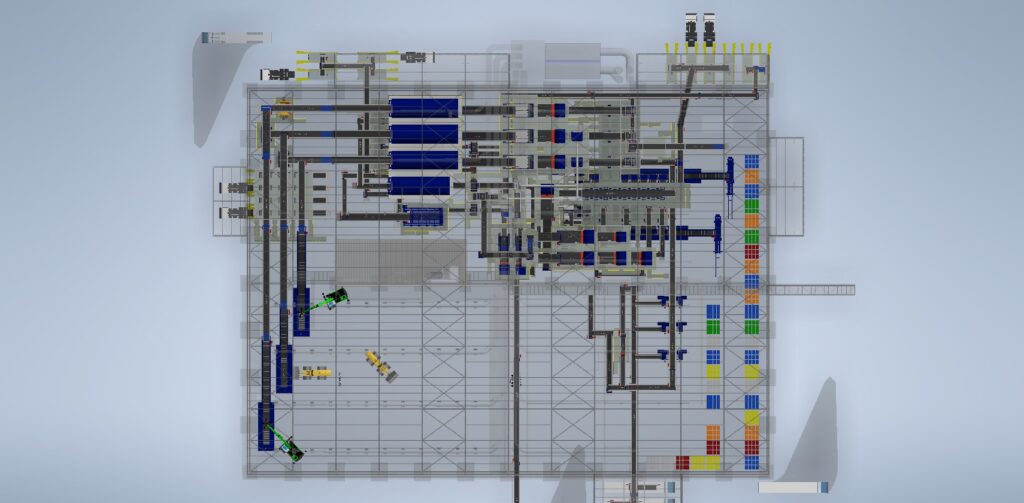
European technology tailored to Brazilian conditions
At the heart of the project lies STADLER’s ability to tailor its proven European waste treatment model to local realities, including Brazil’s waste composition, climate and regulatory environment. Drawing on extensive experience across Latin America and backed by technical expertise from its German headquarters, the company ensures that each system delivers optimal performance under local conditions.
The advanced UTM Leste plant is unique for the application of Artificial Intelligence through STADLERconnect to support predictive maintenance, blockage detection, and real-time process optimization – marking the platform’s first deployment in Latin America.
“Years of continuous learning, combining in-depth technical studies and hands-on experience, have enabled us to design the most efficient process flow and mass balance for Brazilian conditions,” explained Henrique Filgueiras, Commercial Director of STADLER do Brasil. “Brazilian waste streams present specific challenges compared to Europe: higher organic content, greater moisture levels, a larger share of bulky and non-recyclable materials, and a generally poorer gravimetric composition. Achieving the right balance between capital and operational expenditures is crucial, as is adapting plant design to address the high costs of civil works in Brazil. By adapting layouts and reinforcing equipment robustness, STADLER ensures stable and reliable plant performance even under the challenging waste composition typical of Brazil.”
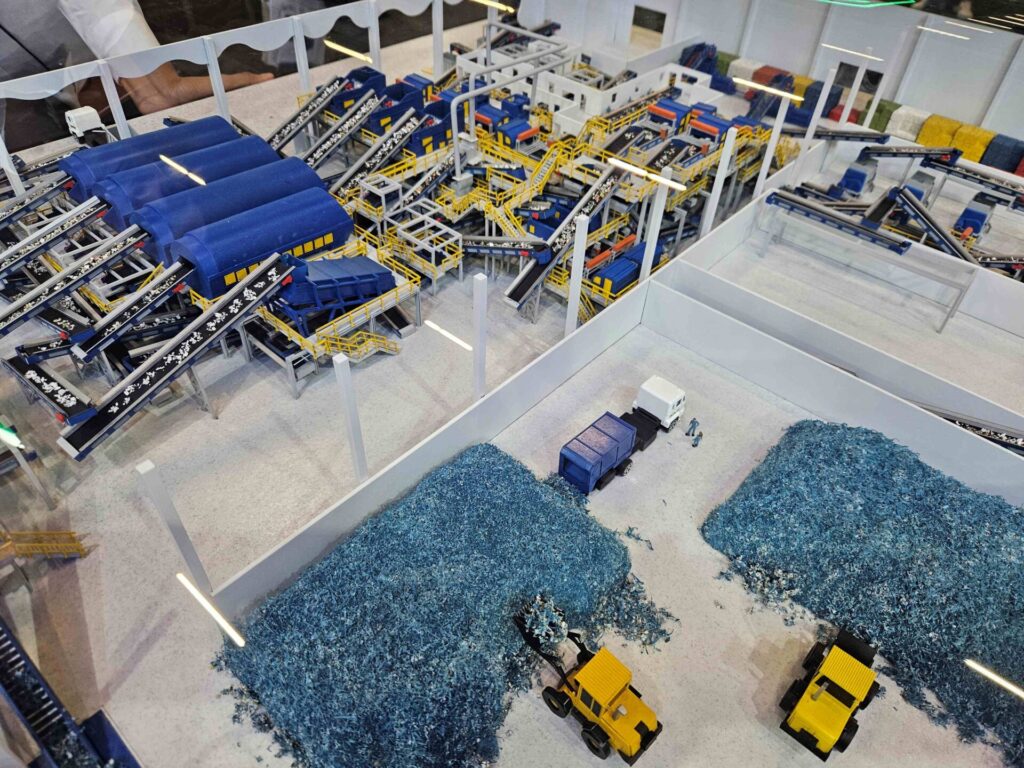

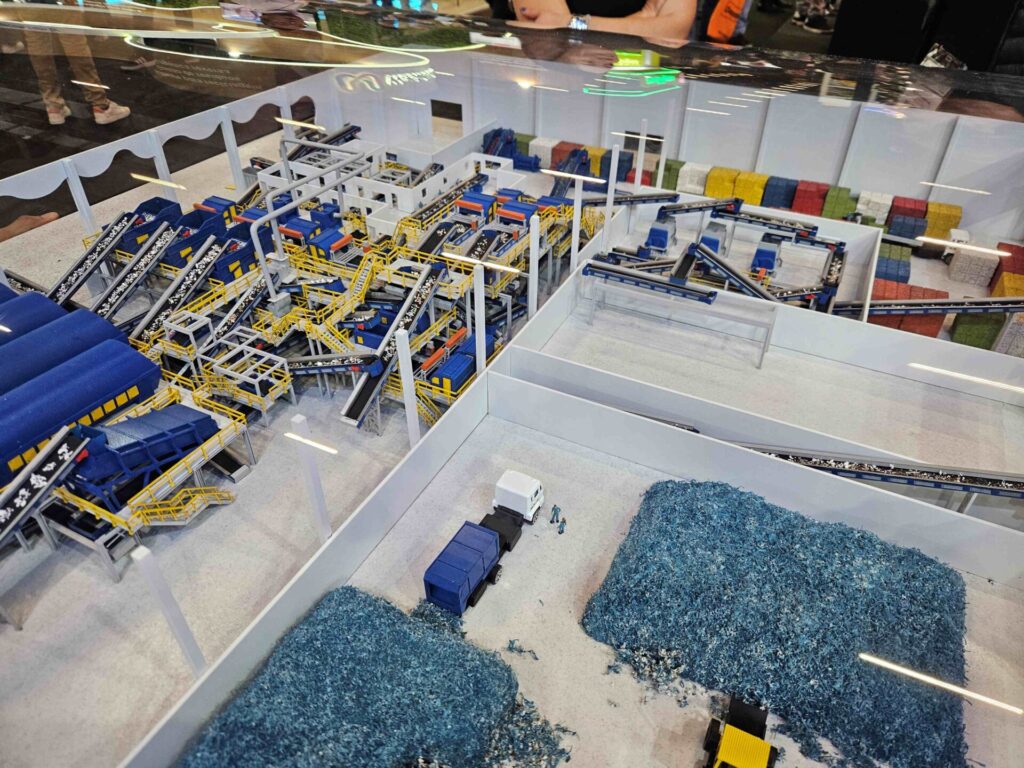
Turning waste into energy and opportunity
A key innovation at UTM Leste is the integration of a drying line for organic fractions, transforming traditionally considered residual materials into high-calorific green RDF and contributing directly to São Paulo’s clean energy transition.
“The drying of organic fractions plays a crucial role in enabling the large-scale production of green RDF, a sustainable alternative to fossil fuels. At UTM Leste, approximately 132,000 tons of waste per year are directed to alternative energy generation through green RDF, reducing landfill dependency and contributing to greenhouse gas mitigation”.
For Ecourbis Ambiental, UTM Leste is also a strategic contribution to Brazil’s National Solid Waste Plan. “The facility will operate as part of an eco-park integrating several technologies, ensuring the reuse and energy recovery of various materials, enhancing circularity, and reducing Greenhouse Gas emissions,” Rodrigues added.
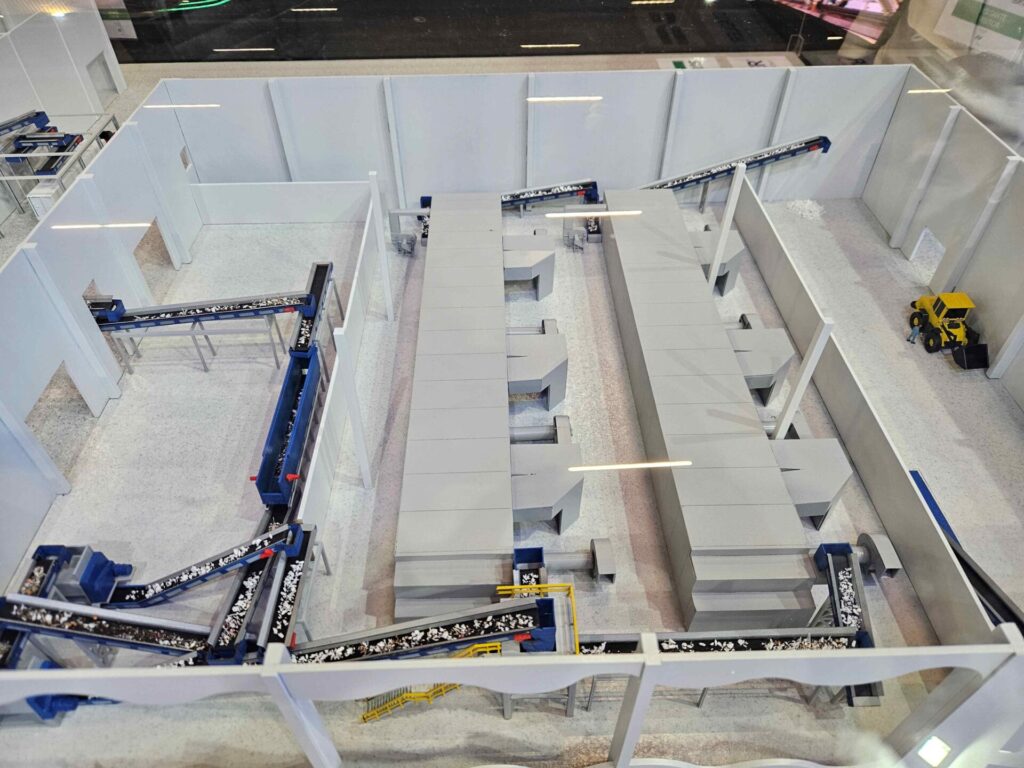

Innovation driving the circular economy
For São Paulo, the benefits of UTM Leste will also have a strong social impact. The plant’s automation and modernization will create hundreds of direct and indirect jobs, improve working conditions for operators, and support the development of a local circular economy market for secondary raw materials and renewable fuels.
At the heart of the process lies a focus on circularity: “The plant transforms residual waste into inputs for new production chains – plastics, metals and paper – and into renewable energy through RDF, closing material loops and reducing the need for natural resource extraction,” explained Rodrigues. “In addition, it is directly aligned with the guidelines of the latest update of Brazil’s National Solid Waste Plan, establishing São Paulo as a living laboratory of the circular economy in Latin America and as a technological replicability platform for other Brazilian cities.”
UTM Leste is not only the largest and most advanced waste treatment plant in Latin America – it is also a tangible demonstration of STADLER’s long-term vision for the circular economy, where waste becomes a valuable resource for multiple industries, closing the loop for a sustainable future,” concluded Filgueiras.

